Last week, after more than nine months and 92 sessions, Stockholm’s District Court in Sweden handed down its landmark judgement and sentenced former Iranian prison official Hamid Noury to life imprisonment for his role in the 1988 massacre of thousands of political prisoners.
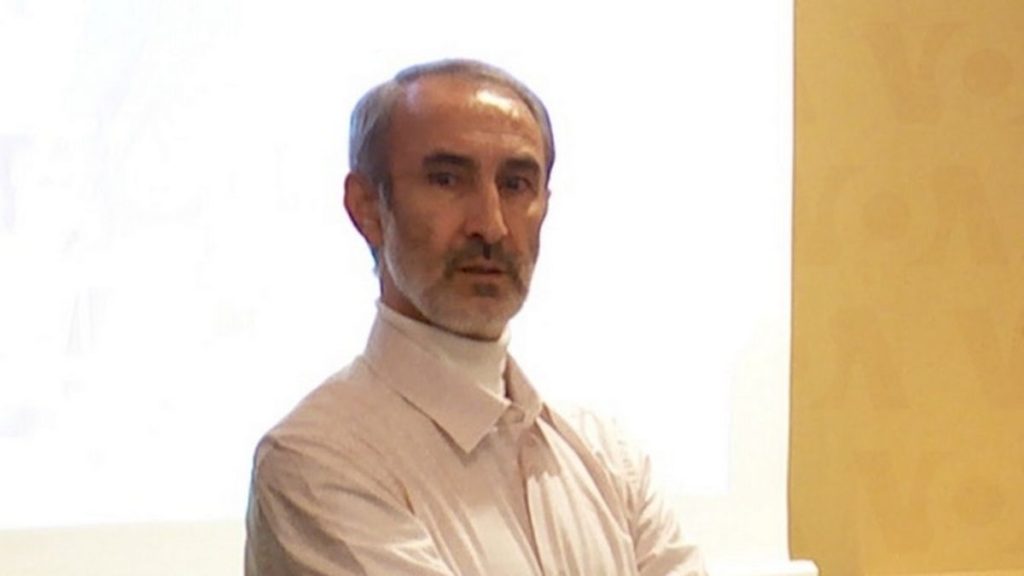
The families of the victims have long sought accountability for Noury and other perpetrators of the mass murder of their loved ones.
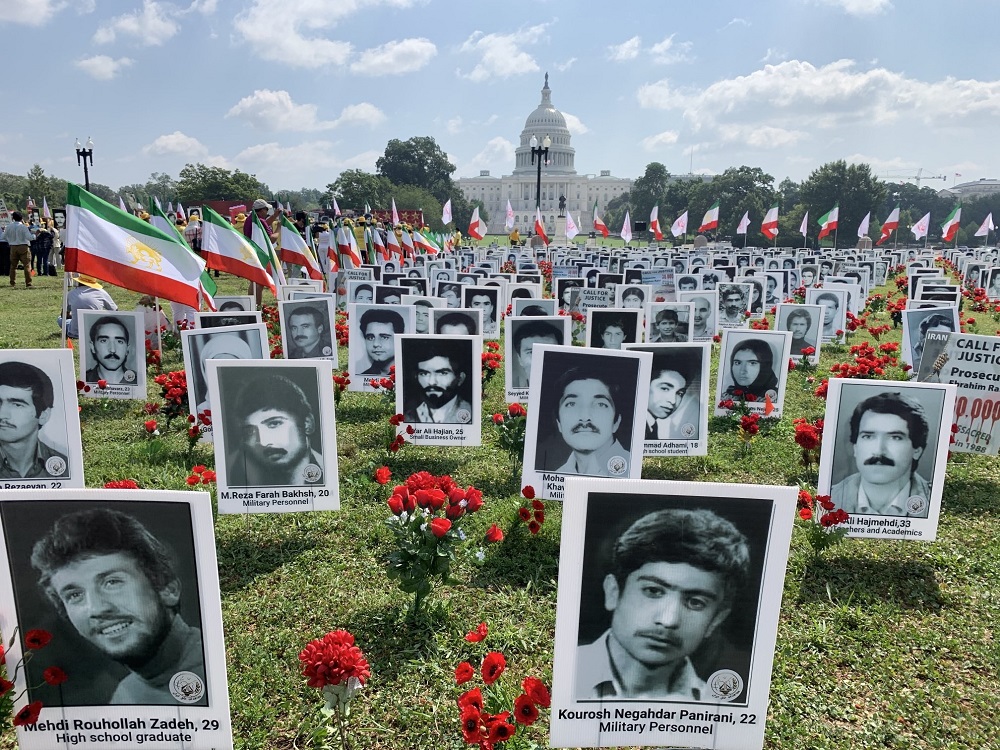
This long-awaited act of justice, that was made possible through Sweden’s use of the principle of universal jurisdiction, should serve as a guiding precedent to the international community for achieving accountability and justice for crimes against humanity.
Hamid Noury, acting as Deputy Assistant Prosecutor of Gohardasht Prison in 1988, was a junior figure in the massacre. Meanwhile, the most senior Iranian officials involved at the time, including current President Ebrahim Raisi, who in 1988 was a member of the Tehran Death Commission that sent thousands of political prisoners to death, continue to evade responsibility and enjoy impunity.
The massacre took place in the summer of 1988 based on a fatwa by Iran’s then-Supreme Leader Ayatollah Ruhollah Khomeini. His religious decree targeted members of the main opposition group People’s Mojahedin Organisation of Iran (PMOI or MEK).
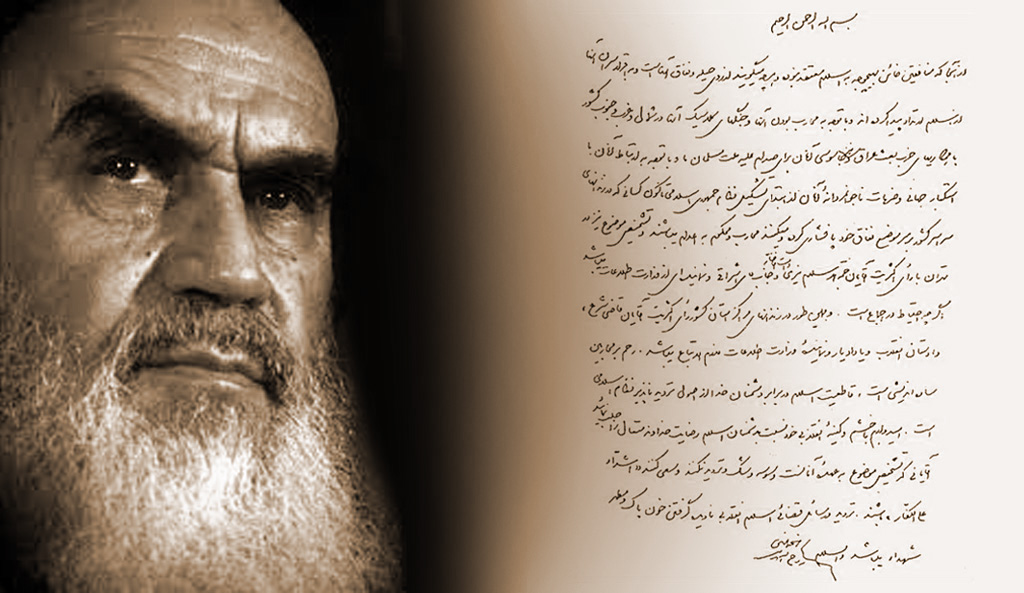
Three-member commissions known as ‘Death Commissions’ were formed in dozens of prisons across Iran sending political prisoners who refused to denounce the MEK and abandon their beliefs to execution.
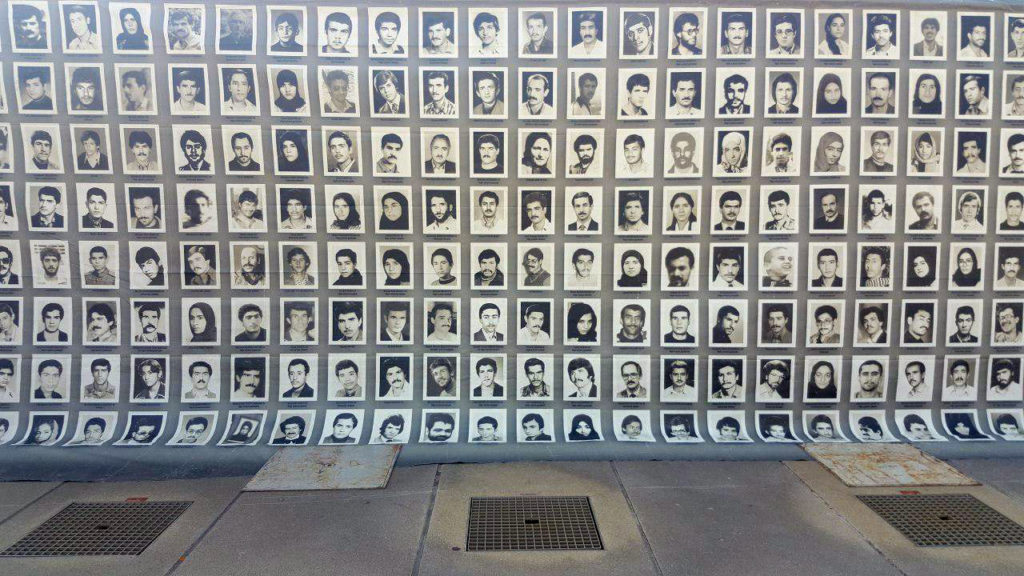
Based on the accounts of survivors and former Iranian officials, some 30,000 political prisoners were executed within the space of a few months. More than 90 percent of the victims were affiliated to the MEK. The rest were mainly members of leftist groups. The victims were buried in secret mass graves.
The perpetrators continue to enjoy impunity.
Since 2016, Justice for the Victims of the 1988 Massacre (JVMI) has confirmed the identities of nearly 100 ‘Death Commission’ members. Many still hold senior positions in the Iranian judiciary or government. They include the current President Ebrahim Raisi.
The failure of the international community, and in particular the UN, to hold the perpetrators to account for more than three decades has fuelled a culture of impunity in Iran.
Till the landmark 14 July 2022 judgement by the Swedish court, the perpetrators of the 1988 massacre have never faced justice. Exercising universal jurisdiction, the Swedish judicial system has now shown the world the good practice in standing against impunity.
Last week, Hossein-Ali Nayyeri, the current Head of the Supreme Disciplinary Court for Judges and former Head of the Tehran Death Commission, broke his silence and voluntarily confessed by defiantly defending the 1988 massacre with total impunity.
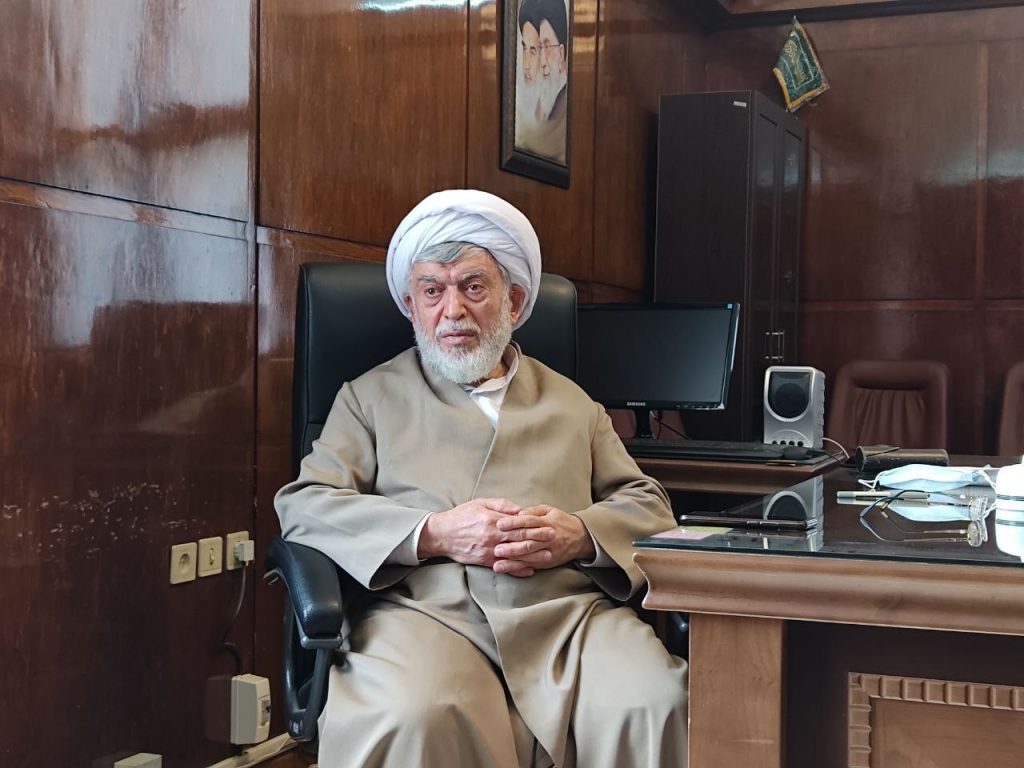
Asked about the mass executions of 1988, Nayyeri stated: “In such critical circumstances, what were we to do? We had to hand down verdicts decisively. … In such circumstances, we cannot run the country by offering them hugs and kisses!”
Thanks to the impartiality and independence of the Swedish judicial system, justice and the rule of law have prevailed in the case of Hamid Noury. He was found guilty as charged and sentenced to life imprisonment.
In reaching their judgement to hold Hamid Noury accountable for the part he played in the summary execution of political prisoners in 1988, the Swedish judges relied partly on evidence provided by the laborious work of JVMI, published in two reports in 2017. This evidence has been cited throughout the text of the landmark judgement.
While Noury’s conviction is a welcome step, there’s not a moment to lose to hold other perpetrators accountable.
As recently as May 2022, there have been reports from Iran of the authorities taking steps to destroy mass graves to wipe away evidence of the 1988 massacre.
In January 2022, some 470 current and former UN officials, human rights and legal experts, and international NGOs and academic institutions wrote to the UN Human Rights Council calling for an international inquiry into the 1988 massacre of thousands of political prisoners in Iran. The letter urged the HRC to challenge the impunity enjoyed by Iranian officials by mandating an international investigation into the 1988 mass executions and enforced disappearances.
It’s high time the UN does its part to achieve accountability and justice over the 1988 massacre. The Office of the UN High Commissioner for Human Rights (OHCHR) should establish an independent international commission of inquiry into the 1988 mass extrajudicial executions and enforced disappearances, without further delay.
Furthermore, UN Member States that exercise universal jurisdiction should open criminal investigations against the most senior perpetrators of the 1988 massacre.
Hanif Jazayeri is Secretary of London-based NGO Justice for the Victims of the 1988 Massacre in Iran (JVMI) and a news editor. His Twitter handle is @HanifJazayeri.